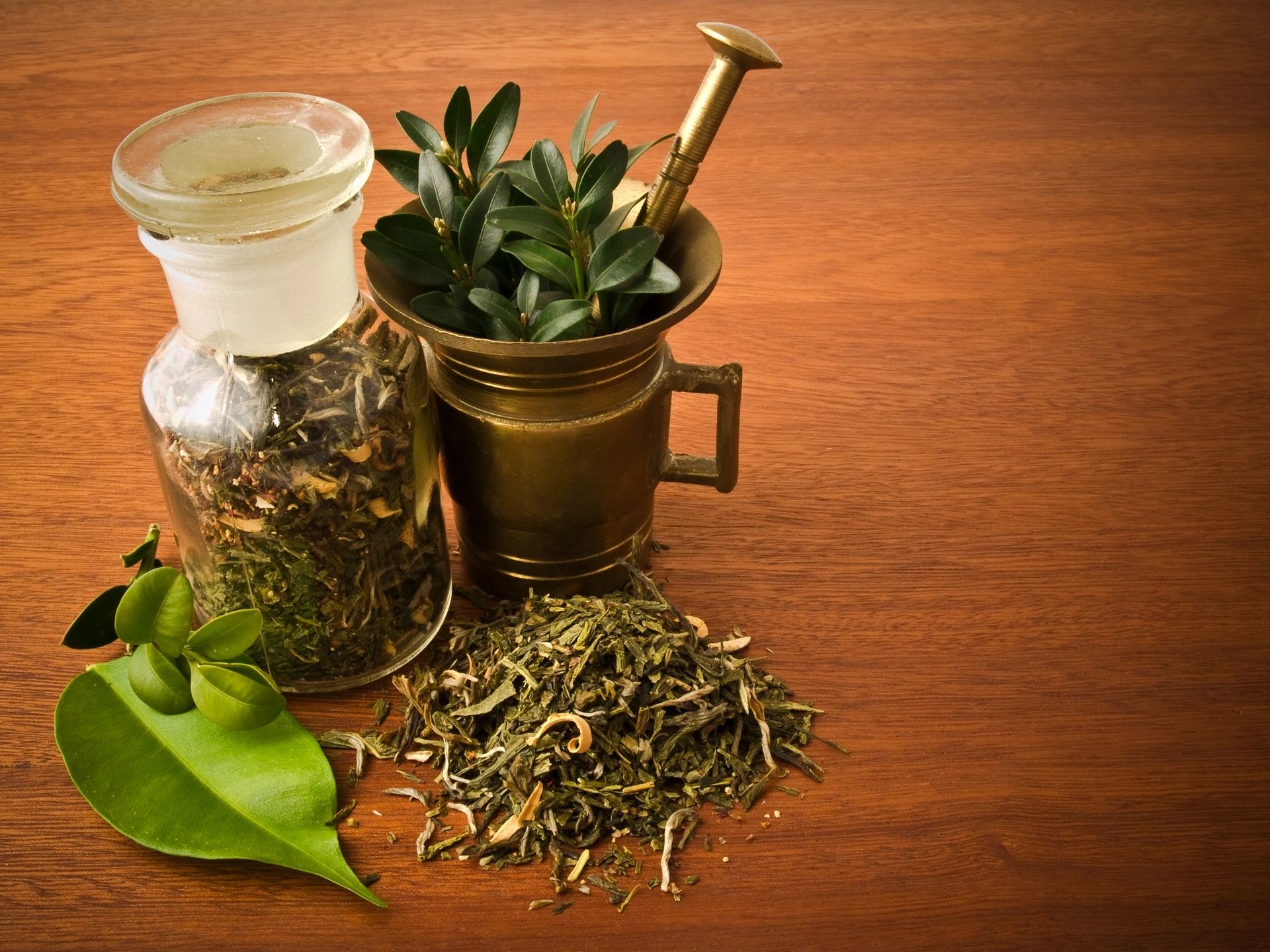IBS and IBD
Written by Dr. Claire Arcidiacono, ND
A question I am often asked is, “what is the difference between Irritable Bowel Disease and Irritable Bowel Syndrome?” Aren’t they the same? Well not really. While both are digestive conditions involving irritation in our digestive system they are in fact different! It is a lot to cover so let us get into it, shall we?
Irritable Bowel Disease is more destructive than Irritable Bowel Syndrome. Irritable Bowel Disease causes inflammation that can lead to permanent damage to the intestines. It has diagnosed using tests such as colonoscopy. Irritable Bowel Syndrome in contrast for most people does not cause permanent damage to the intestines. It is diagnosed by excluding other causes of your symptoms. Irritable Bowel Disease increases your risk for colon cancer in a way that Irritable Bowel Syndrome does not. Irritable Bowel Disease also is more likely to cause systemic health concerns. (1)
IBD VS. IBS
Irritable Bowel Disease (IBD), unlike Irritable Bowel Syndrome (IBS) breaks down into two sub-types, Ulcerative Colitis and Crohn’s Disease. Ulcerative Colitis involves ulcers and inflammation along the lining of the large intestine and rectum. Crohn’s Disease involves just the inflammation of the digestive tract in the small intestine but can extend to the large intestine. (2)
Symptoms of both forms of IBD include diarrhea, fatigue, blood in the stool as well as abdominal pain and cramping. Both forms of IBD can cause a decrease in hunger as well as weight loss. While Irritable Bowel Syndrome has similar symptoms, there are some differences. For example, in both IBD and IBS there is often cramping, abdominal pain, gas, bloating and diarrhea. However, IBS can also cause constipation or it can cause both diarrhea and constipation. From a holistic perspective, we know that both these conditions are associated with leaky gut syndrome. As mentioned earlier, IBD is also associated with systemic symptoms such as joint pain, not typically seen in IBS. (3)
IBD and IBS are both triggered by similar conditions. While the exact causes for both are not known, there are some triggers. An immune system malfunction is an example of one possible trigger, because of a pathogen. Other triggers include dietary triggers such as food sensitivity. It is well documented that stress can make IBD and IBS worse. It is also well known that if you have one autoimmune disease, there is a propensity to develop other autoimmune issues. Certain medications can increase the risk of both syndromes. (4)
Both IBD and IBS can cause consequences if not properly treated. They can lead to a person being anemic. If the inflammation extends through the intestinal wall, it can lead to things such as fistulas, fissures, and toxic megacolon. IBD can affect other parts of the body including the joints, liver, gallbladder as well as the eyes. (5)
HOW TO HELP SYMPTOMS
- Studies show that eliminating any food allergies or sensitivities can be helpful. (6)
- Reducing your stress has also been found in studies to help with both IBD (7) and IBS. (8)
- Castor oil packs have been found to help abdominal cramps and constipation associated with digestive issues. (9)
- Probiotics have been found in studies to lower inflammation in the digestive tract, thus helping both IBD and IBS. (15) Please see Invite’s Probiotic Hx, Probiotic Women and Probiotic Immune!
- Aloe Vera has been found to be protective of the digestive tract lining especially in the case of IBD. (16) Please see Invite’s G.I. Maintain.
- Slippery Elm is helpful in addressing the symptoms both IBD and IBS in studies. (17)
- A surprising study finds marshmallow helps the irritated mucus layer of the digestive tract which we know is often seen in IBD and IBS. (18) Please see Invite’s Min Acid formula and G.I. Maintain!
- L-Glutaminehas been found in studies to help modulate the digestive tract’s immune system and can protect our overall gut health. This makes it an excellent choice for both IBD and IBS. (19) Please see Invite’s G.I. Maintain and our Amino acid growth factors.
- Turmeric is helpful in reducing the inflammatory markers found in IBD (10) and it can help alleviate the symptoms found in IBS too. (11) Please see Invite’s Biocurcumin 5 Loxin and Turmeric with Ginger!
- Green lipped muscle has been found in studies to help moderate the immune system in IBD. (12) Please see Invite’s InflamMune Hx!
- Omega 3’s shown to lower the inflammation found in IBD. (13) In fact, a study from Taiwan indicated an Omega 3 deficiency may worsen the signs of IBS. (14) Please see Invite’s Fish Oil, Bio omega, and Krill Oil.
For more information on this topic please contact an Invite Health nutritionist for a free consultation about your lifestyle
SOURCES
- https://www.crohnscolitisfoundation.org/what-is-ibd/ibs-vs-ibd
- https://www.mayoclinic.org/diseases-conditions/inflammatory-bowel-disease/symptoms-causes/syc-20353315
- https://www.webmd.com/ibs/guide/ibs-ibd-differences
- https://www.mayoclinic.org/diseases-conditions/irritable-bowel-syndrome/symptoms-causes/syc-20360016
- https://www.webmd.com/ibd-crohns-disease/ibd-symptoms-body
- https://www.mayoclinic.org/diseases-conditions/irritable-bowel-syndrome/diagnosis-treatment/drc-20360064
- https://onlinelibrary.wiley.com/doi/abs/10.1111/j.1365-2648.1986.tb01288.x
- https://link.springer.com/article/10.1007/s12529-012-9241-6
- https://www.sciencedirect.com/science/article/abs/pii/S1744388110000320
- https://www.ncbi.nlm.nih.gov/pmc/articles/PMC6271352/#!po=7.29167
- https://www.ncbi.nlm.nih.gov/pmc/articles/PMC6210149/
- https://www.ncbi.nlm.nih.gov/pmc/articles/PMC6049590/
- https://www.ncbi.nlm.nih.gov/pmc/articles/PMC4700845/
- https://www.nutraingredients-asia.com/Article/2018/03/09/Abdominal-pain-in-IBS-A-lack-of-omega-3-could-be-the-culprit-says-Taiwan-study
- https://www.ncbi.nlm.nih.gov/pmc/articles/PMC5307257/#:~:text=Studies%20have%20also%20shown%20that,typically%20leads%20to%20mucosal%20healing.
- https://www.ncbi.nlm.nih.gov/pmc/articles/PMC7402976/
- https://www.healthline.com/health/food-nutrition/slippery-elm-bark
- https://www.sciencedirect.com/science/article/abs/pii/S0378874109006102?via%3Dihub
- https://www.sciencedirect.com/science/article/pii/S2213453021000112#:~:text=Glutamine%20directly%20supports%20gut%20health,the%20inflammatory%20response%20in%20situations
- https://www.ncbi.nlm.nih.gov/pmc/articles/PMC1856764/







